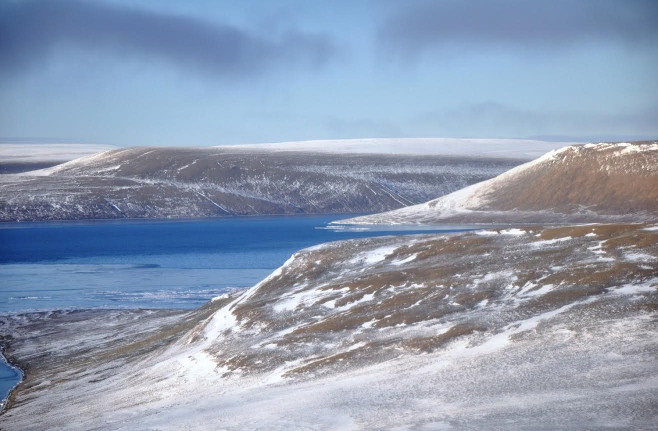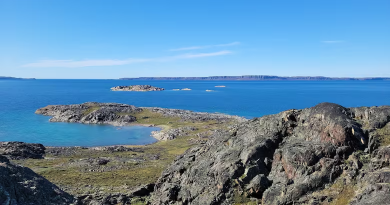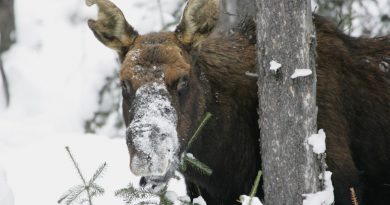Canada wants to up collaboration with First Nations, Inuit, Métis on national parks

Greater collaboration with Indigenous peoples on national park areas will play an important role in conversation and management, says a report from Parks Canada released this month after a public consultation.
“I am proud to share the practical steps we are taking in response to that feedback – such as making ecological integrity the first priority in decisions made about the future of our national parks, and ensuring more Canadians have access to nature and historic sites,” said Catherine McKenna, Canada’s minister of the environment and climate change and the minister responsible for Parks Canada, in a news release last week.
“I look forward to working with our partners in communities across the country, and with Indigenous peoples in particular, to protect, share and sustain Canada’s essential natural and cultural legacy for generations to come.”
Indigenous knowledge and conservation
The Let’s Talk Parks, Canada, consultations were held in January 2017 to hear Canadians views on the country’s protected areas and historical sites.
Thirteen thousand people responded.

The report was released this month and outlined three priorities:
- ensure the ecological integrity of national parks and historical sites through investment, limiting development and working with Indigenous peoples
- better promote the national park system to Canadians
- preserve protected areas for future generations
The report also said Indigenous guardian programs in national parks should be expanded , that interpretive and storytelling programs rooted in traditional knowledge should be developed and that both traditional Indigenous knowledge and Arctic marine science should inform conservation decisions.
Protected Arctic areas
Canada has already worked with Indigenous peoples on important park projects, including two in the Arctic: the creation of Qausuittuq National Park, located on the northern part of Bathurst Island, in the eastern Arctic territory of Nunavut; and the establishment of Tallurutiup Imanga / Lancaster Sound marine conservation area, also in Nunavut.
Parks Canada is the government agency responsible for preserving Canada’s natural and historical sites. It currently oversees 46 national parks, one urban national park in Greater Toronto, 171 national historical sites and four marine conservation areas.
Write to Eilís Quinn at eilis.quinn(at)cbc.ca
Related stories from around the North:
Canada: Canada invests $1.2 million to help solve mystery of dwindling char numbers in Arctic, Eye on the Arctic
Finland: Arctic parks among most visited in Finland, Yle News
Norway: Indigenous Peoples’ knowledge can help us prevent climate changes says Ban Ki-moon, The Independent Barents Observer
Russia: Russia plans fenced parks to confine reindeer herding in Arctic, The Independent Barents Observer
Sweden: Preserving biodiversity in Sweden’s shrinking natural forests, Radio Sweden
United States: Environmentalists sue over Alaska wildlife refuge road plan, Alaska Public Radio Network



